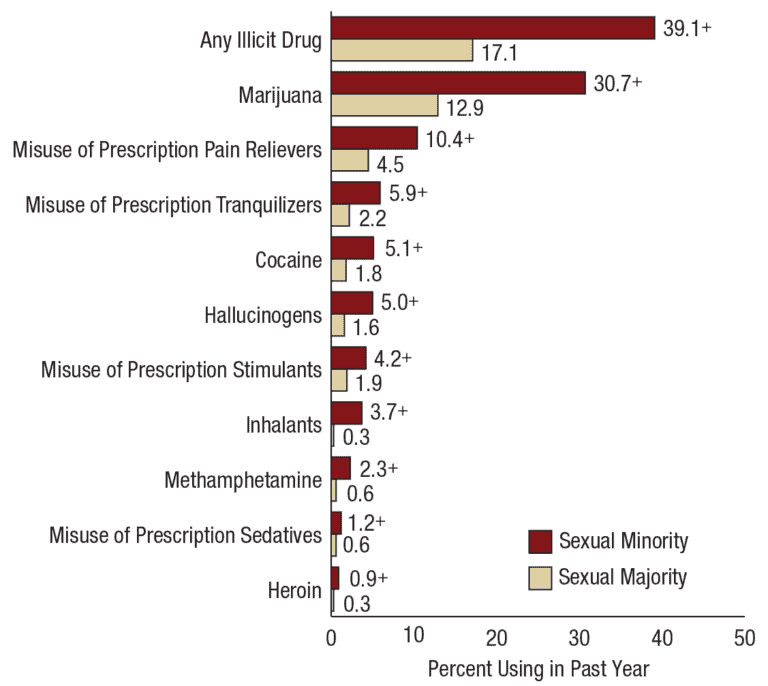If you’ve recently completed inpatient treatment for drug addiction, you’ll probably be excited about returning home. However, you may also be a little nervous about the next stage of your life. One of the things you may have to do is find or learn about keeping a job while in recovery.
In addition to providing you with an income, having a job can actually help you to stay sober. One study found that getting hired after treatment was linked to more positive outcomes and lower rates of relapse.
However, many people who are in recovery worry about how they’ll approach their employment search. You may be uncertain about whether you should disclose that you once abused drugs and you may not be sure about how to explain gaps in your employment. Potential employers can’t legally ask you if you’re in recovery so it’s your decision whether you want to disclose or not.
While you may see your history of substance abuse as something to hide, some employers want to hire people who are in recovery. If you’ve made it through detox, withdrawal, and rehab, they’ll know you’re a committed individual. As part of your recovery program, you’ll be provided with resources to help you when you return home. Here are some of the things that may help you as you search for stability. Contact our Asheville rehabilitation experts for more information.

(Re)Start Networking
Addiction is isolating so you may no longer have the contacts you once did. Now is the time to either reach out to former business associates or make new connections. You may have people in your support groups who would either hire you or vouch for you. Also, don’t be afraid to get back into the community and let your neighbors and friends know you’re looking for a job.
Be Open to New Things
Don’t expect to find everything the way you left it. You may need to let go of some of your expectations and consider something you may not have thought about before. Depending on your skillset and your job history, you may have to take an entry-level job, a part-time position, or even a volunteer role to get your foot in the door. Over time, you’ll be able to move up or move on. The first job you get after rehab isn’t supposed to be permanent. Instead, it’ll get you into a daily routine and back into the habit of going to work. Use the time to think more about the career and lifestyle you ultimately want.
Brush Up on Your Skills
Thanks to the counseling that’s part of rehab and recovery, your soft skills may be better than they’ve ever been. But what about your technical skills? Consider taking online classes or going to a community center to learn some new things. Maybe you’ve always wanted to learn more about graphic design or you’d like to improve your cooking. Signing up for a class will open up new employment opportunities, widen your network, and keep your mind occupied.
When You Get a Job, Try Hard to Keep It
When you get hired, focus on your job but remember that your recovery is your first priority. Avoid people who use drugs and don’t go to meetings or social events that will be in bars or restaurants that serve alcohol. If you can, you should also avoid jobs that are located close to the places where you used to do drugs. If you relapse, your job and your health will be in jeopardy.
While on the job, be sure to be punctual, respectful, and as productive as possible. Be enthusiastic and take pride in your work even if it is not your dream job. Keeping a job while in recovery will assist you in your journey to a full recovery.
Benefit from the Connections Forged by Asheville Recovery Center
The process of finding a job can be difficult but you need to be kind to yourself. You’ll have to do lots of adjusting so you must be patient. If you take part in one of the recovery programs offered by our South Carolina facility, you won’t be left to fend for yourself. At Asheville Recovery Center, we stay in contact with our clients throughout their journey for as long as they wish to remain connected with us. If you need additional help with preparing for the job hunt or improving your employability, we can refer you to the appropriate agencies and individuals. Our clients are family and we support them even when they graduate.






